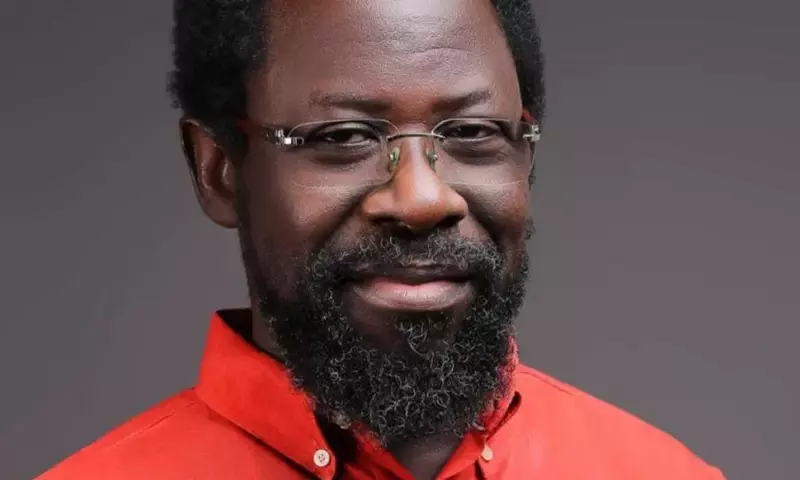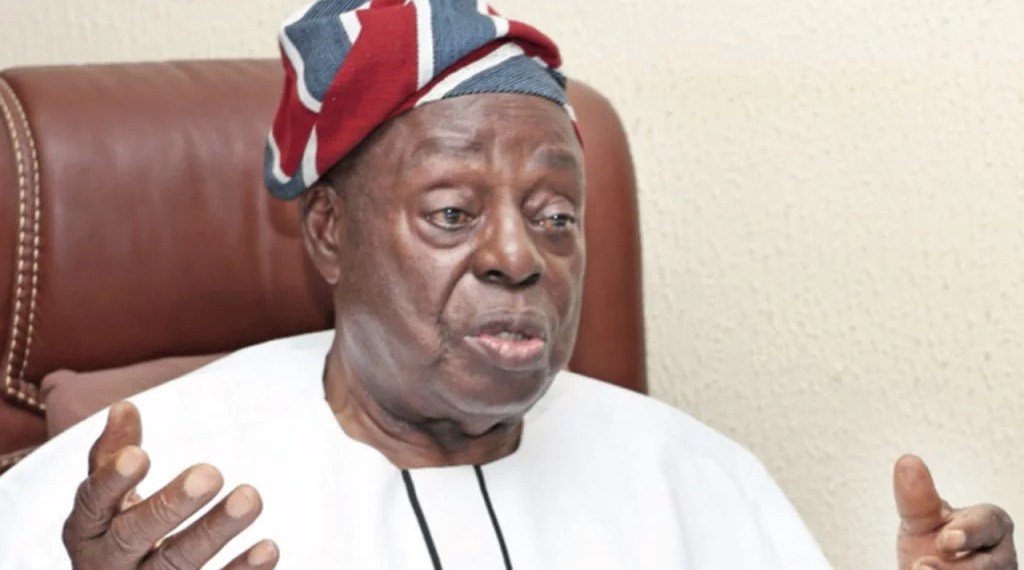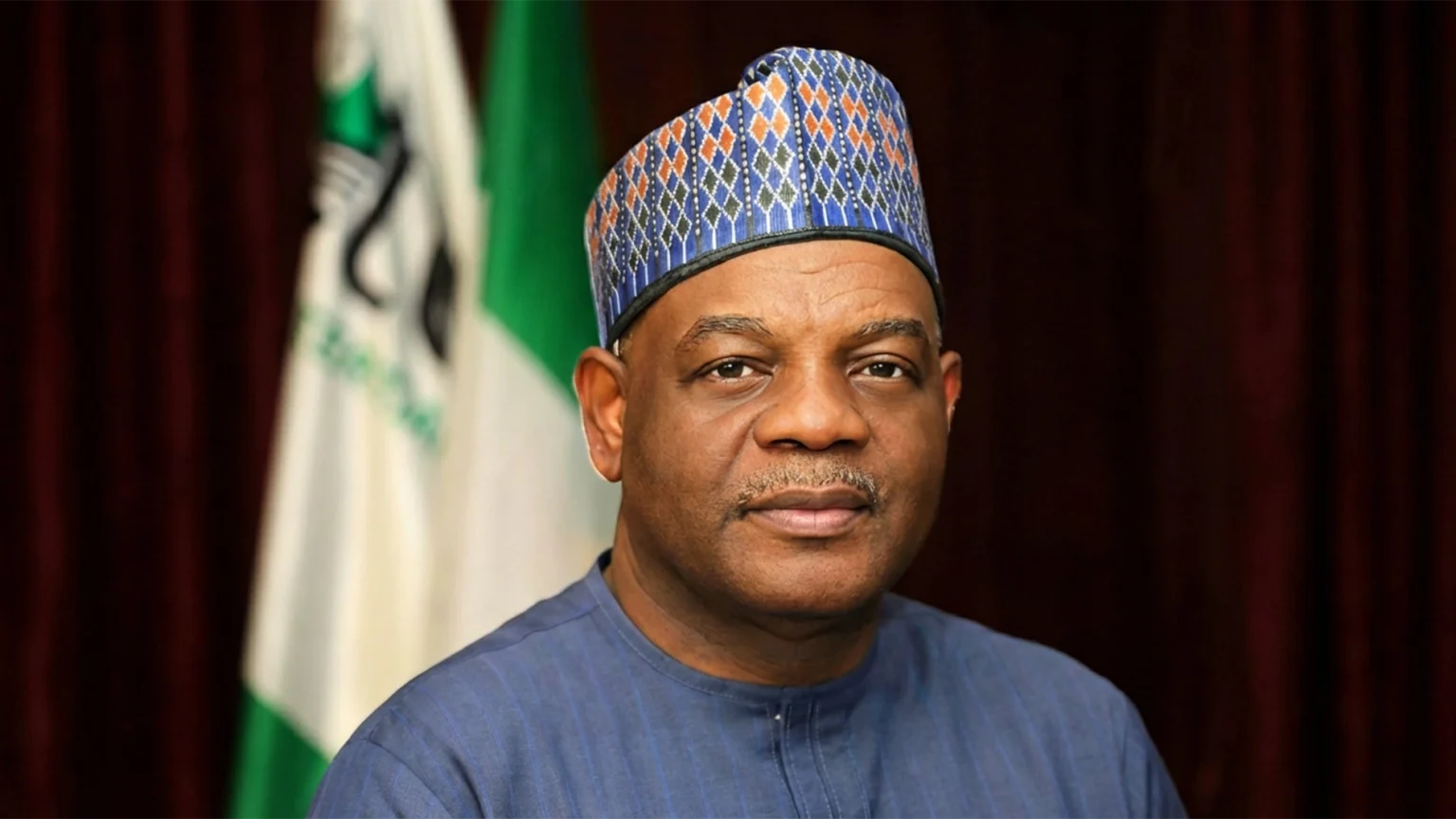The ongoing legal dispute between elder statesman and founder of Afe Babalola University, Aare Afe Babalola, SAN, and activist lawyer Dele Farotimi has taken a new dimension with multiple charges brought against the latter. What began as allegations of defamation in Farotimi’s book, Nigeria and its Criminal Justice System, has now escalated to include cybercrime charges stemming from his online interviews.
Aare Afe Babalola initiated the case with a petition to the Nigerian police, alleging that Farotimi defamed him in his book. Babalola cited 31 excerpts from the publication, including a specific accusation that he corrupted the Nigerian Supreme Court to procure a fraudulent judgment on behalf of his clients. He requested the police to investigate the claims, confiscate defamatory publications, and prosecute Farotimi for criminal defamation under Nigerian law.
Following the petition, the police arrested Farotimi in Lagos and arraigned him before a Chief Magistrate’s Court in Ado Ekiti. He was charged with 16 counts of criminal defamation and pleaded not guilty to all charges. The prosecution requested his remand, and Chief Magistrate Abayomi Adeosun ordered Farotimi to be held at the Ado Ekiti Correctional Centre until December 10, 2024, when his bail application will be heard.
The case took another turn when the office of the Inspector-General of Police filed 12 counts of cybercrime charges against Farotimi at the Federal High Court in Ado Ekiti. These charges focus on statements Farotimi made during online interviews, particularly on the Mic On Podcast, hosted by journalist Seun Okinbaloye. During the interview, Farotimi reiterated claims from his book, alleging that Babalola had corrupted the judiciary.

One of the charges under Section 24(1)(b) of the Cybercrimes (Prohibition, Prevention, etc.) Act 2015 accuses Farotimi of knowingly transmitting false information online with the intent to cause public disorder. Another count alleges that his statements aimed to bully and harass the elder statesman, contrary to Section 24(a) of the same Act.
At a press conference held by Babalola’s legal representatives, including former Nigerian Bar Association chairmen, the team refuted claims that the elder statesman was abusing his influence. They maintained that Babalola was simply protecting his reputation, built over decades of hard work. The lead counsel, Owoseni Ajayi, emphasized that Farotimi has the opportunity to prove his allegations in court. “The law allows free speech, but not one that is calculated to injure the good reputation of another,” Ajayi stated.
Babalola’s lawyers also clarified that the ongoing legal actions are not meant to suppress dissent but to uphold accountability. “Is it wrong for Aare Afe Babalola to seek justice for these false utterances against him? Should justice only be available to Mr. Dele Farotimi because Aare Afe Babalola is a global icon?” Ajayi queried.
This case raises significant questions about the balance between freedom of speech and legal protections against defamation in Nigeria. While Farotimi’s assertions may touch on matters of public interest, the law places a high burden of proof on individuals making such claims, particularly when reputations of prominent figures are at stake.
Moreover, the inclusion of cybercrime charges highlights the increasing scrutiny on online speech in Nigeria. Critics argue that such actions could have a chilling effect on activism and journalism. However, proponents see this as a necessary measure to curb the spread of harmful and unsubstantiated information in the digital age.

Farotimi’s defense hinges on his ability to substantiate his claims with credible evidence. If successful, it could bolster public discourse on judicial accountability. Conversely, a failure to do so may reinforce the boundaries of free speech and its legal limitations.
For Babalola, the case presents a dual challenge: protecting his reputation while navigating the public perception of using his influence against a critic.
The December 10 bail hearing and the possibility of simultaneous proceedings in the magistrate and federal courts will be critical in shaping the outcome of this high-profile case. Beyond the legal arena, the broader implications for Nigeria’s legal and digital landscapes remain significant.
Sources




